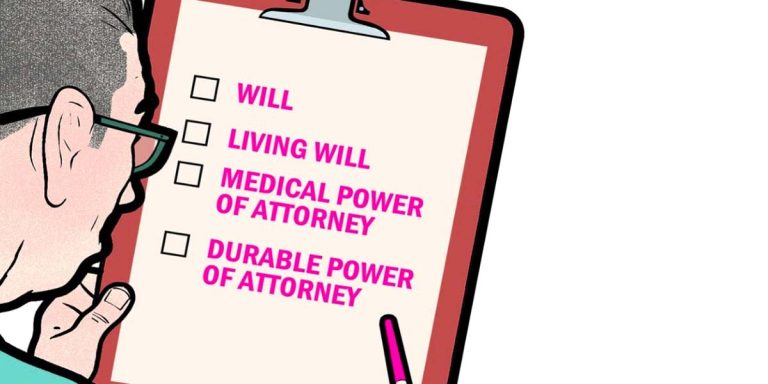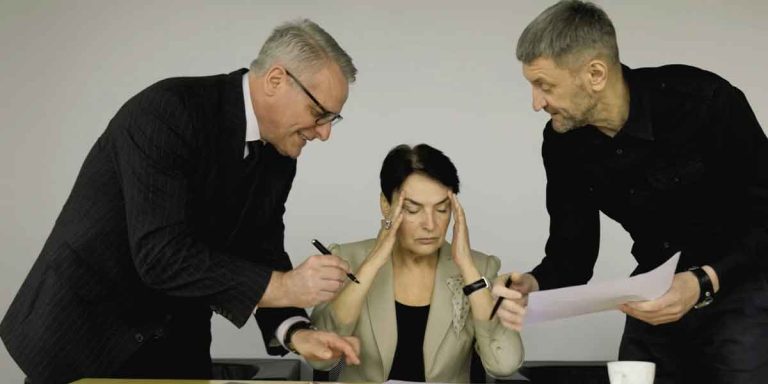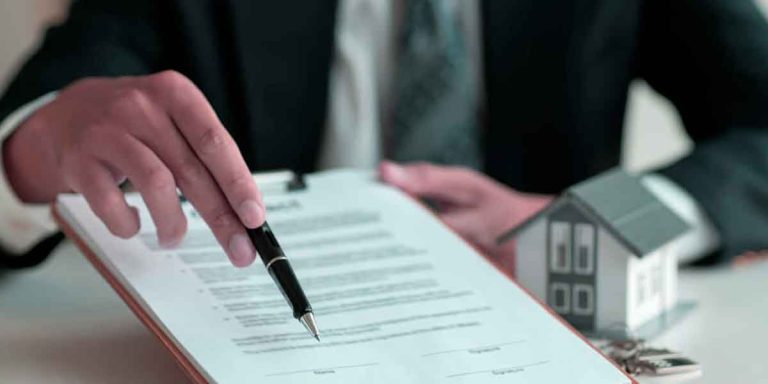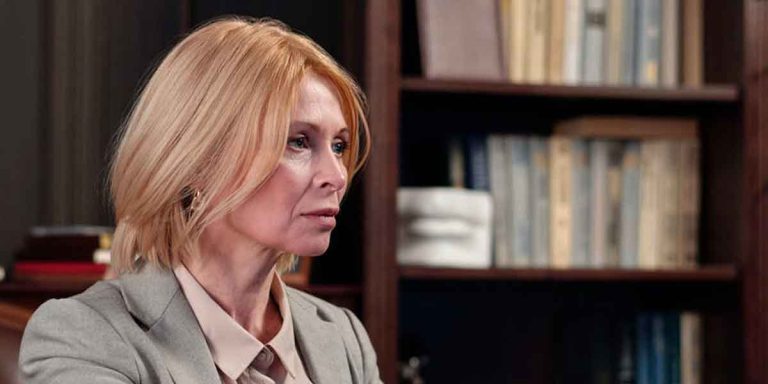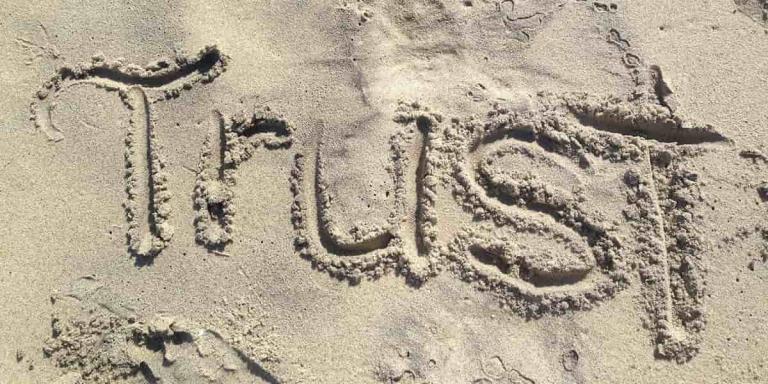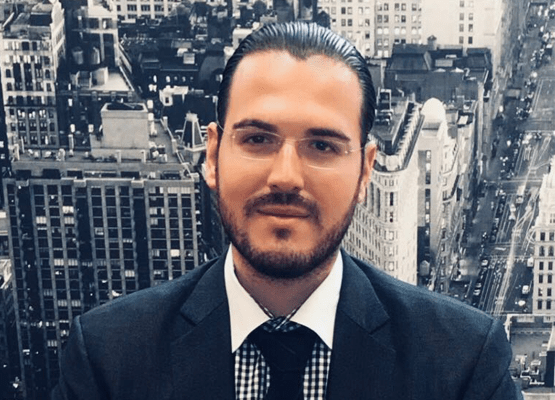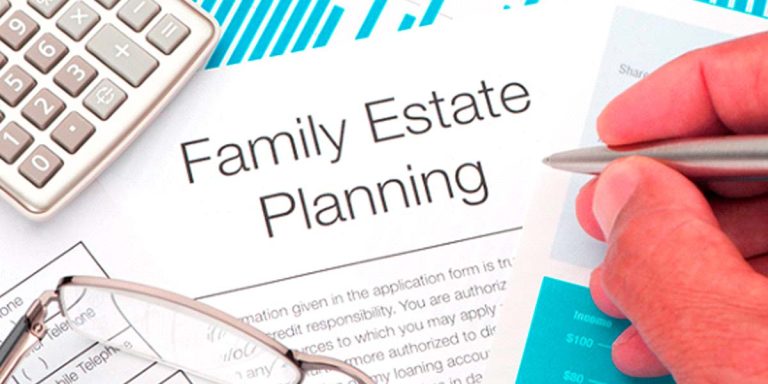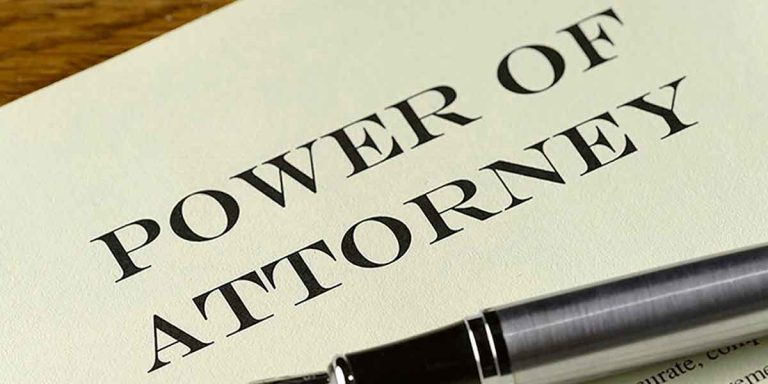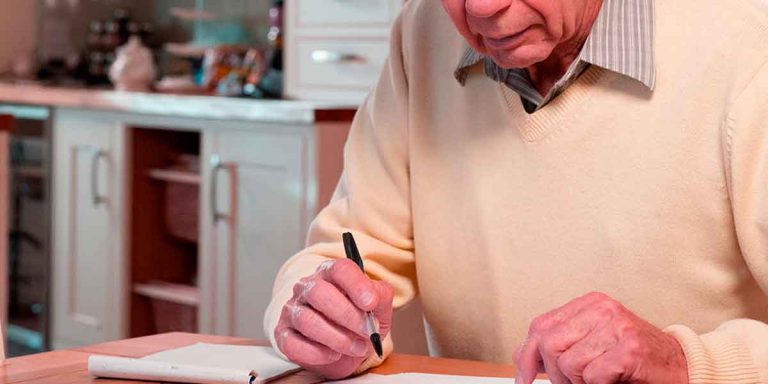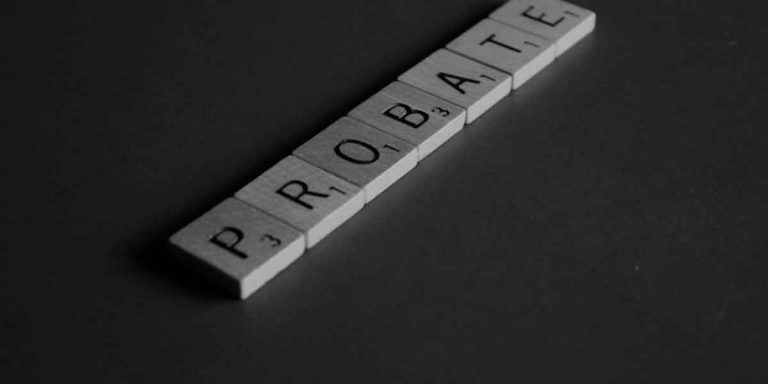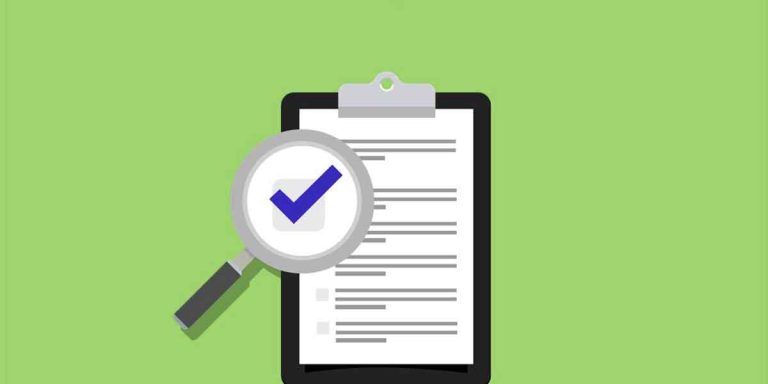What is the duty of a probate attorney?
A probate attorney performs duties ranging from managing the probate case, providing advice to the estate executor and beneficiaries as appropriate, answering queries, and serving as a representative of the beneficiaries and executor, assisting with the preparation of an estate. When a person kicks the bucket, what they own must be handled in a way that satisfies the state’s rules and wishes. The decedent’s intensions about his / her property or assets are always written or drafted in a will read-out upon his / her death or disability. In the probate process, a probate lawyer often provides guidance to a will or estate executor and the estate beneficiaries. A probate attorney may also help executors and heirs find estate properties, resolve the deceased’s unpaid debts, and divide the remaining assets as specified in the will. In cases where a certain recipient feels the will is invalid, a probate attorney will contest the will.
Probate process.
Probate is the method of evaluating a will or statement’s validity. If a person dies with a will, will validity is also decided in probate court. This method typically takes a long time depending on the will and other circumstances surrounding the will. If you’ve been appointed or named as an estate executor, one thing you should know is that the probate process depends on whether the state uses the Uniform Probate Code (UPC). UPC is essentially a compilation of test laws drafted by a committee of national professionals. The UPC’s goal is to simplify the probate process, particularly for small estates, and to give executors greater flexibility in their way forward.
Estate Administration
As the executor of an estate, you are responsible for keeping the estate property safe during the probate process. You will have to draft a list of all the decedent’s assets and, if required, get the assets appraised. You will also need to:
- Notify all concerned parties that probate has begun. Concerned parties include the family, relatives and creditors of the deceased.
- Identify all the assets left by the deceased and estimate their value.
- Open a checking account with funds from the estate.
- Pay funeral bills, debts, federal and/state estate taxes from the account you opened.
- Keep an accurate accounting record of all your expenditure.
- Submit the accounting record to the court.
- When the accounting record has been accepted by the court, then you can proceed to disburse what’s left of the estate to the inheritors as the will specifies.
Truth about the Litigation of an Estate
The personal administrator of a will, including the executor of an estate that is being probated under intestate succession, both have some fiduciary tasks which they much carry out for the beneficiaries of the will. These tasks are property management, investments, including other facets of the estate, and working to ensure that the beneficiaries get their appropriate share of the asset, as stated in the will of the deceased.
Should I handle probate alone or do I need an attorney?
If you are an executor or estate administrator, you have to understand that there are a lot of legalities surrounding probating an estate in New York. If the estate is simple and the family is cordial, then you probably can handle probate yourself. But for complex estates and those in which the surviving family members are at each other’s throats, you definitely would need the assistance of a probate attorney because there is a high possibility of estate litigation cases and suits being filed. Such issues complicate probate all the more, and only an experienced probate attorney can help mitigate such issues.
An experienced probate attorney can help you avoid probate mistakes
As an executor, there are tax return forms to fill and creditors to deal with. If you do not have the full legal and technical know-how to deal with either, you may end of making costly mistakes and wasting estate funds. Be aware that for every wrong action you make, you will be held accountable by the family and you can be dragged to court. But a probate attorney helps you to avoid such mistakes. With their legal expertise and experience, they’ll advise and guide you all through the complicated process of probate, ensuring that the process runs as smooth as possible, and that beneficiaries get their inheritance on time.
Contact a probate attorney near your today. 10075, New York.



